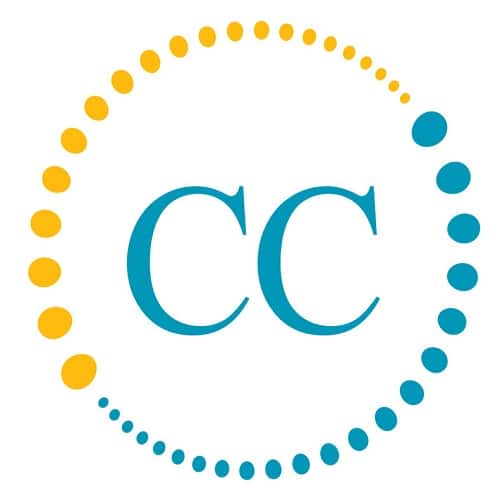Social Media and the Church – Pros and Cons

In the digital age, social media has become a pivotal tool for organizations worldwide, including churches. Its profound impact on religious communities offers significant opportunities and notable challenges. At Church Consultant, we want to help you understand the pros and cons of social media for the church, which is essential in leveraging its potential effectively while mitigating potential drawbacks.
Pros of Social Media for the Church
Enhanced Outreach and Evangelism: Social media platforms allow churches to reach a broader audience beyond their local community. They can share sermons, worship services, and other religious content with a global audience, making it easier to spread their message and engage with people who might not physically attend church.
Community Building: Social media allows church members to connect, share experiences, and support each other outside regular worship services. This digital fellowship can be particularly beneficial for members unable to attend in person due to health, distance, or other constraints.
Increased Engagement: Churches can use social media to engage with their congregation in real time, fostering a more interactive and responsive community. Live streaming services, prayer groups, and religious discussions online can enhance participation and keep the congregation engaged throughout the week.
Cost-Effective Communication: Social media offers a cost-effective way for churches to communicate with their members. Announcements, event promotions, and other communications can be disseminated quickly and without the costs associated with traditional print media.
Cons of Social Media for the Church
Risk of Misinformation: The ease of sharing content on social media also comes with the risk of spreading misinformation. Churches need to be vigilant about the accuracy of the content and be prepared to address false information that may circulate.
Online Negativity and Trolling: Social media platforms can sometimes breed negativity and trolling. Churches may find themselves targets of unwarranted criticism or offensive comments, which can be challenging to manage and potentially damage their reputation.
Digital Divide: Not all church members may have equal access to or comfort using social media. This digital divide can leave some members feeling left out or disconnected from the church’s online activities.
Time and Resource Investment: Effectively managing social media requires time and resources. Churches must allocate personnel to regularly update and monitor their social media channels, respond to comments, and create engaging content.
Social media presents a valuable opportunity for churches to expand their outreach, build community, increase engagement, and communicate effectively and cost-efficiently. However, it also brings challenges like the risk of misinformation, the potential for online negativity, the digital divide, and the need for time and resource investment. Churches venturing into social media must do so with a strategic plan and awareness of these pros and cons to maximize the benefits while minimizing the drawbacks.
Steve Lawes is a Church Consultant and also provides coaching for pastors, churches, ministries and church planters.




